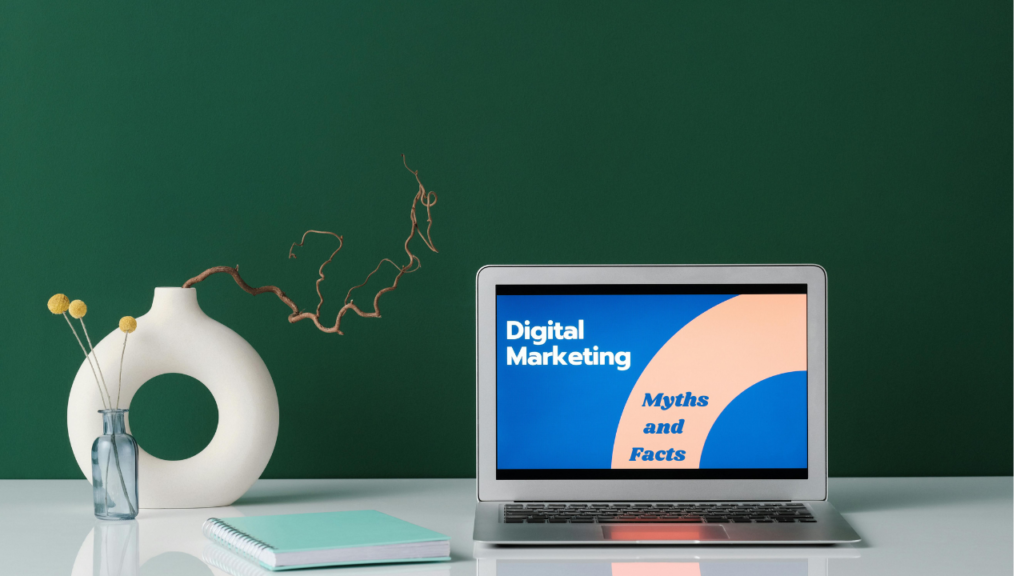Digital Marketing Myths and Facts: Uncover the Truth Behind Common Misconceptions
In today’s digital world, businesses rely heavily on digital marketing to reach and expand their target audiences. On the other hand, there are a lot of false beliefs about digital marketing that might cause uncertainty and lost chances. Let’s debunk some of these digital marketing myths and disclose the truth so you can better navigate the world of online marketing.
Myths 1: Digital Marketing Is Exclusive to Large Brands
Fact: Everyone can use digital marketing!
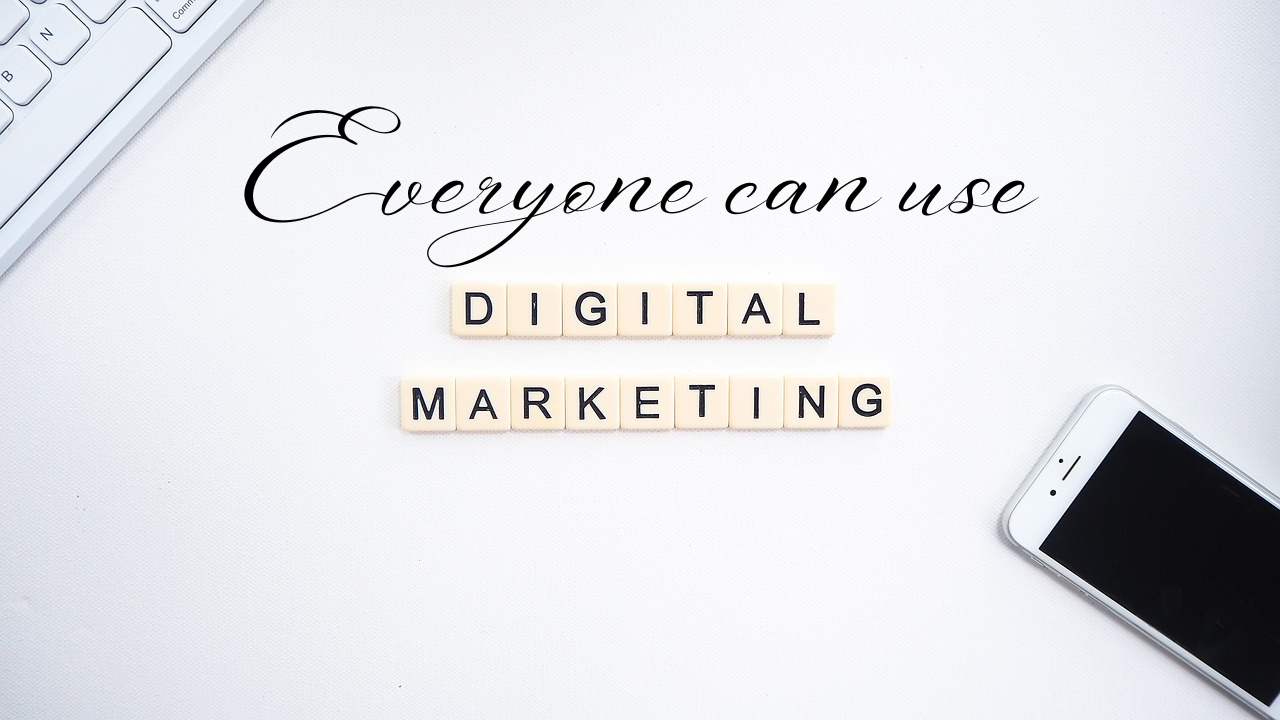
Many small business owners believe that digital marketing is only appropriate for well-funded, bigger organisations. Actually, digital marketing is adaptable enough to work for companies of any size. Regardless of your size—a tiny store or a multinational corporation—digital marketing offers solutions to fit all budgets and needs. Depending on the demands of your company, platforms such as social media, email marketing, and SEO can be scaled.
Myths 2: Increased traffic leads to higher sales.
Fact:Quality is more important than quantity.

Even while a lot of traffic is wonderful, purchases aren’t necessarily the result. The secret is to draw in customers who are truly interested in your goods or services. By concentrating on targeted marketing techniques, such as employing keywords that correspond with the searches of your potential clients, you can attract quality leads that have a higher chance of becoming sales.
Myths 3: Email Marketing Is Extinct
Fact: Email marketing is still in use and successful.

Email marketing is still very much in use today and remains one of the most powerful digital marketing strategies, despite common opinion to the contrary. Email campaigns with a strong strategy may engage consumers, develop leads, and increase revenue. The secret is to give your subscribers something of value in your emails, such as special offers, insightful information, or updates that are relevant to them.
Myths 4: The SEO Task Is One-Time Only
Fact: Search engine optimisation is a continuous activity.
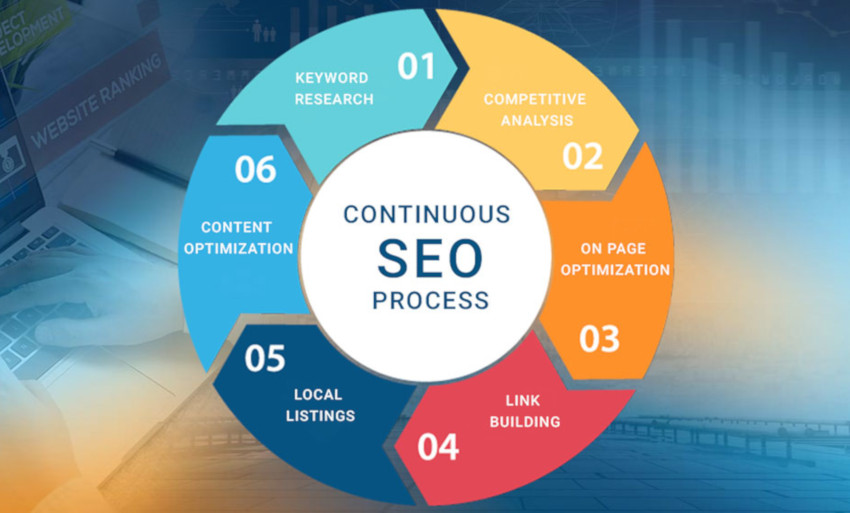
Some organisations feel that Search Engine Optimisation (SEO) is a one-time task. However, SEO demands ongoing effort. In order to retain or raise your ranks, you must constantly update your content, speed up your website, and obtain high-quality backlinks. Competition websites are also optimising their websites, and search engine algorithms are always changing.
Myths 5: Social Media Marketing Produces Quick Results
Fact: Social media marketing requires patience.
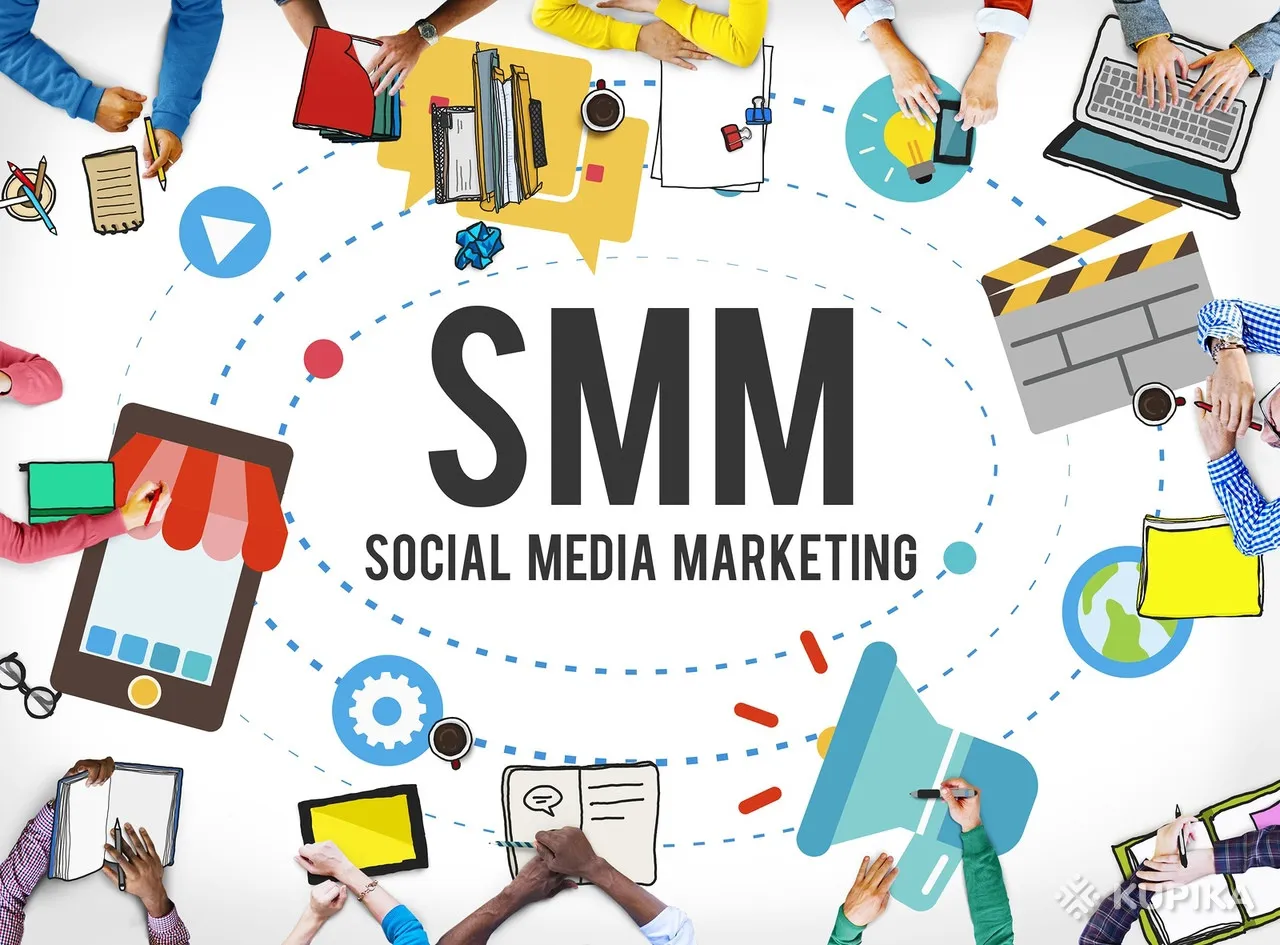
Many people think that using social media regularly will lead to success right away. As it happens, developing a successful social media presence requires patience and regular work. It takes more than just publishing content frequently to engage your audience, reply to their comments, and establish deep connections. Your followers are more inclined to support your brand if you can establish trust and a personal connection with them.
Myths 6: Success Is Guaranteed by Paid Ads
Fact: Paid advertisements need testing and planning.

Advertising on websites like Facebook or Google does not ensure success. Your advertisements could not reach the right audience or get the expected results if you don’t have a good approach. Testing various ad types, focussing on particular demographics, and modifying your ads in response to performance data are crucial. Paid advertising functions best in conjunction with organic efforts and a well-defined target demographic.
Myths 7: Results of Digital Marketing Are Instantaneous
Fact: Digital marketing is a long-term effort.
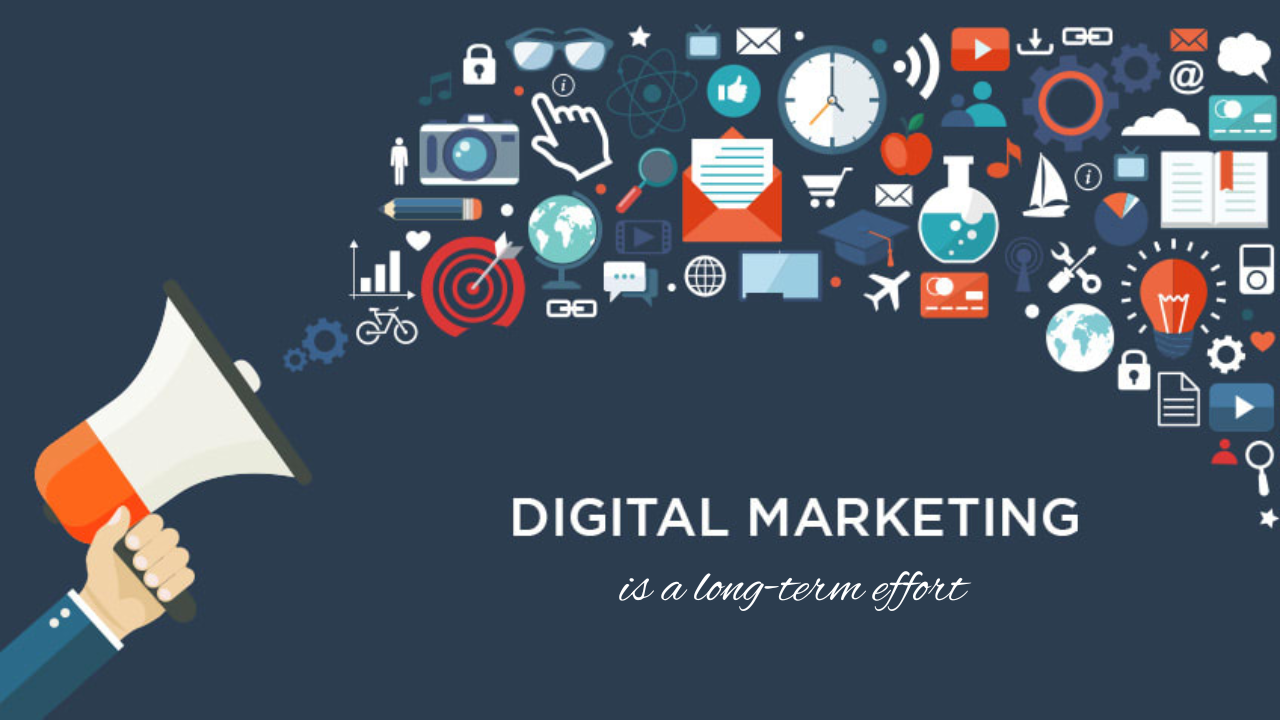
While some people anticipate immediate benefits from their digital marketing initiatives, the entire effect typically takes time to become apparent. Building a brand and creating an online presence takes time, whether it is through social media, SEO, or content marketing. To succeed over the long run, you must be patient, work consistently, and evaluate your progress.
Conclusion
Digital marketing is an effective tool for organisations of all sizes, but it is critical to understand the facts of the situation. You may make well-informed judgements and create plans that are most effective for your organisation by being aware of the facts and avoiding common misconceptions. It’s important to remember that you should always be flexible, open to new ideas, and prepared to modify your strategy as necessary.
By addressing these digital marketing myths and facts, you may realise your brand’s full potential from digital marketing!

